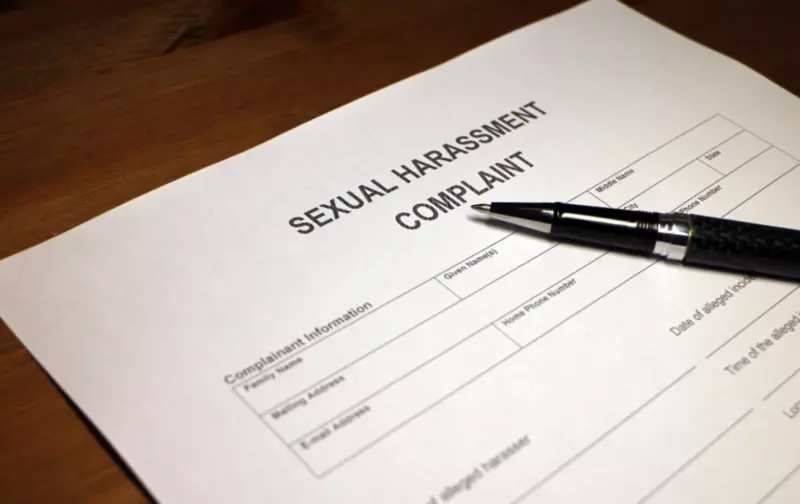
Politely asking a coworker on a single date, with no further actions after a decline, does not constitute harassment under EEOC guidelines.
If you spend a lot of time with someone, you have a good chance of taking a romantic interest in them. But what happens if the person who catches your attention is a co-worker? Is it sexual harassment to ask a co-worker on a date? It can be, but not in every situation, so you need to understand your rights and obligations under the law before you suggest drinks or dinner with a colleague.
If you are considering dating a fellow employee, your best option for protecting your professional reputation is to speak to an experienced lawyer. Our experienced legal team at King & Siegel LLP can guide you through the potential risks of dating in the workplace and how to safeguard yourself against legal trouble.
What Is Considered Sexual Harassment?
Under Title VII of the Civil Rights of 1964 and the California Fair Employment and Housing Act, subtle and obvious sexual behavior alike can be unlawful and actionable. In general, a request for a date or any other sex-based conduct is unlawful if it is unwelcome.
The law defines sexual harassment as unwelcome, sex-based behavior that comes in one of the following two forms:
- Quid pro quo harassment—this means that an employer or supervisor has made the acceptance of unwanted sexual advances a condition of continued employment or increased work benefits; and
- Hostile work environment harassment—this means that the unwanted, sex-based behavior occurring in a workplace is so extreme or pervasive that a reasonable person would call that workplace hostile.
Unwelcome conduct based on sex can occur in many ways, including jokes, insults, name-calling, touching without consent, comments on appearance or body parts, and requests for dates.
When Is a Date Request Considered Sexual Harassment?
Asking out a colleague could put you at risk for a sexual harassment lawsuit or complaint. Your liability depends heavily on your position, the way you approach the colleague you want to date, and the outside perception of your relationship with that colleague.
Sexual Harassment from a Supervisor
If you are a supervisor and you develop feelings for a subordinate employee, tread very lightly regarding suggesting a relationship outside of work. As the U.S. Equal Employment Opportunity Commission notes, even the most respectful and subtle proposal for a date from a supervisor could be perceived as a request for sexual favors in return for work benefits, and that is classic quid pro quo sexual harassment.
If other employees find out that you have a romantic interest in a co-worker, they might think that you are engaging in unlawful sexual favoritism at work and sue. We strongly suggest speaking to one of our knowledgeable sexual harassment attorneys before initiating a relationship with an employee you supervise.
Sexual Harassment from Any Employee
Regardless of your position within a business, organization, or agency, you must cease date requests immediately after a co-worker states that they are not interested. In the eyes of the law, making repeated requests for dates after a colleague declines can create a hostile work environment worthy of a legal claim.
And while you might want to let a fellow employee know that you like them by commenting on how physically attractive they are, you should avoid these comments in the workplace. Comments on a co-worker’s appearance can create a hostile environment for the recipient of the comments and other employees who hear them.
Even if no one makes a legal claim regarding the compliments you give a colleague or the date requests you make, asking an employee out can put your job in jeopardy. This is because many employers have policies that prohibit romantic relationships between co-workers.
Can a Company Ban Its Employees from Dating?
Yes, a company can ban its employees from dating. These prohibitions are often written into non-fraternization policies and are especially enforced against employees in supervisory positions. While there might be questions about whether these policies infringe on employees’ personal rights, courts have upheld them in many circumstances. Before you take the leap into dating a co-worker, check any employment contracts you have signed and your employer’s policies. While you might be able to dodge a sexual harassment lawsuit, you could still face termination or other disciplinary action if your intraoffice romance breaks your employer’s rules.
When in Doubt, Speak to One of Our Attorneys
Do not make decisions that could put your livelihood at risk without speaking to an experienced employment law attorney. At King & Siegel, our award-winning lawyers have top-level experience and get top-level results for clients facing employment concerns. Whether you are contemplating an action that could have legal consequences or are in the middle of a dispute, we have the tools and know-how to safeguard your interests. Schedule a free consultation by calling us or reaching out to us online. We serve employees across the State of California.

